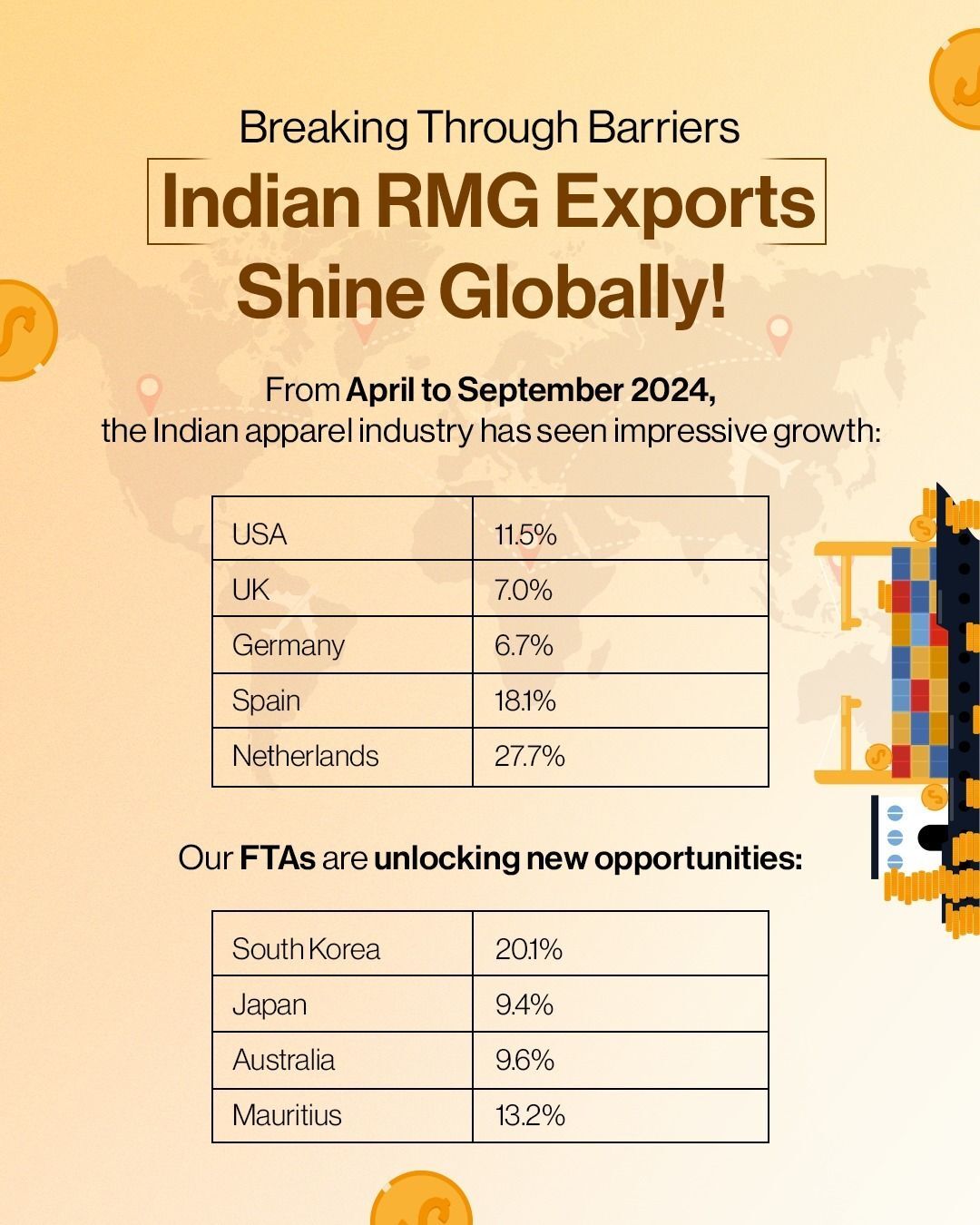The Fespa conference in the UK provided some practical guidance on how to move towards further automation to see the future of robotics and additive manufacturing that will allow for further miniaturisation and hopefully will contribute to bring manufacturing back to the UK. Zero tooling has enabled minimal set up as files are just run from the cutting queue and the sheet positioning is automated by scanning the sheet to pick up on optical marks to register.
While Britain has been responsible for the invention of numerous products including the mobile phone, lithium ion batteries, plasma TV it hasn’t been successful in manufacturing any of them. The conference was the perfect venue to discuss the opportunities that will result from greater automation and the integration of computer systems from web through to production across the print sector.
The focus of the Manufacturing Technology Center is to bridge the valley of death which advances the technology readiness level process to reach full capability, from university research through to full scale manufacturing. The center has 100 apprentices working on metallurgy, robotics, laser engineering, 3D printing and additive manufacturing. The MTC has strong links in the academic community and aims to facilitate the best use of intellectual skills. The organisation has close ties to many research-based universities.












